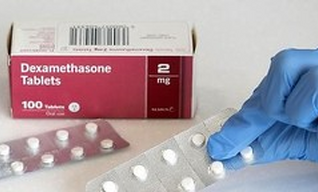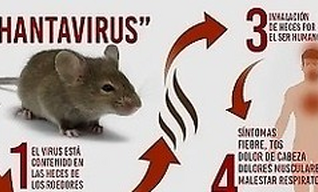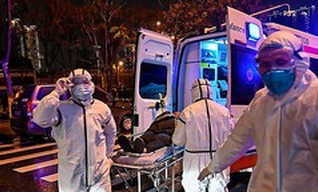
SHYAM SINGH
GHAZIABAD
-
Noch keine BeiträgeHier wird noch geschrieben ... bitte schaue bald nochmal vorbei

Fehler!
Leider konnte der Artikel nicht gefunden werden.
We can't find the internet
Attempting to reconnect
Something went wrong!
Hang in there while we get back on track


![7 Risky & Dangerous Brain Damaging Habits To Stop Immediately [1]](https://torial-prod.eu-central-1.linodeobjects.com/content_images/183264/card.png?v=63897354200)
![Know How To Wear Medical Mask! [2]](https://torial-prod.eu-central-1.linodeobjects.com/content_images/183263/card.png?v=63897354200)
![Brain Tumor: Symptoms, Diagnosis & Treatment [4]](https://torial-prod.eu-central-1.linodeobjects.com/content_images/183262/card.png?v=63897354197)
![Know How To Wear Medical Mask! [1]](https://torial-prod.eu-central-1.linodeobjects.com/content_images/183261/card.png?v=63897377584)



